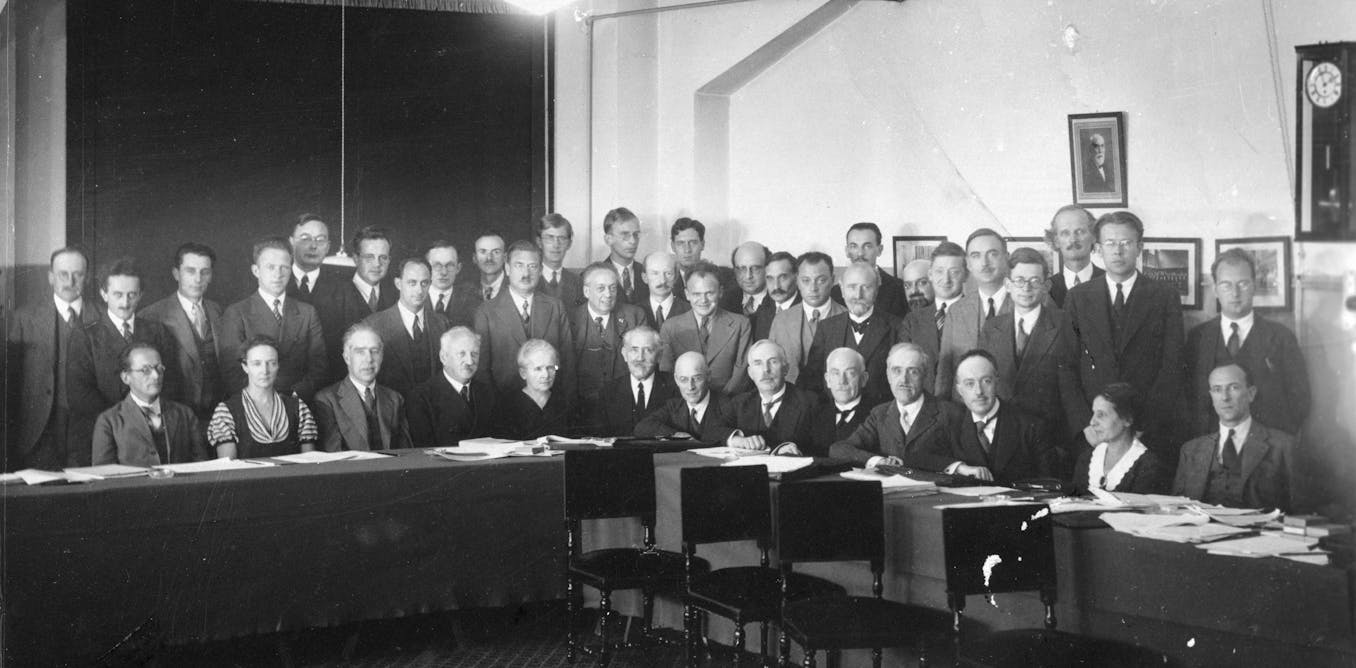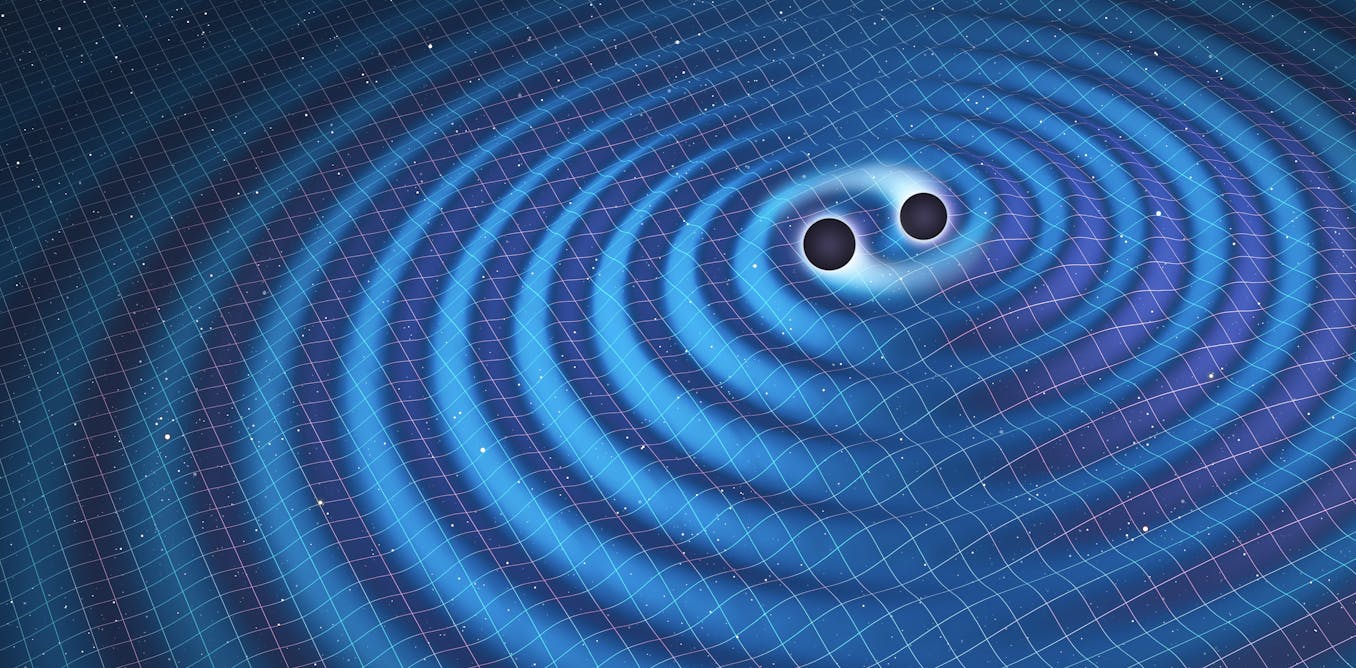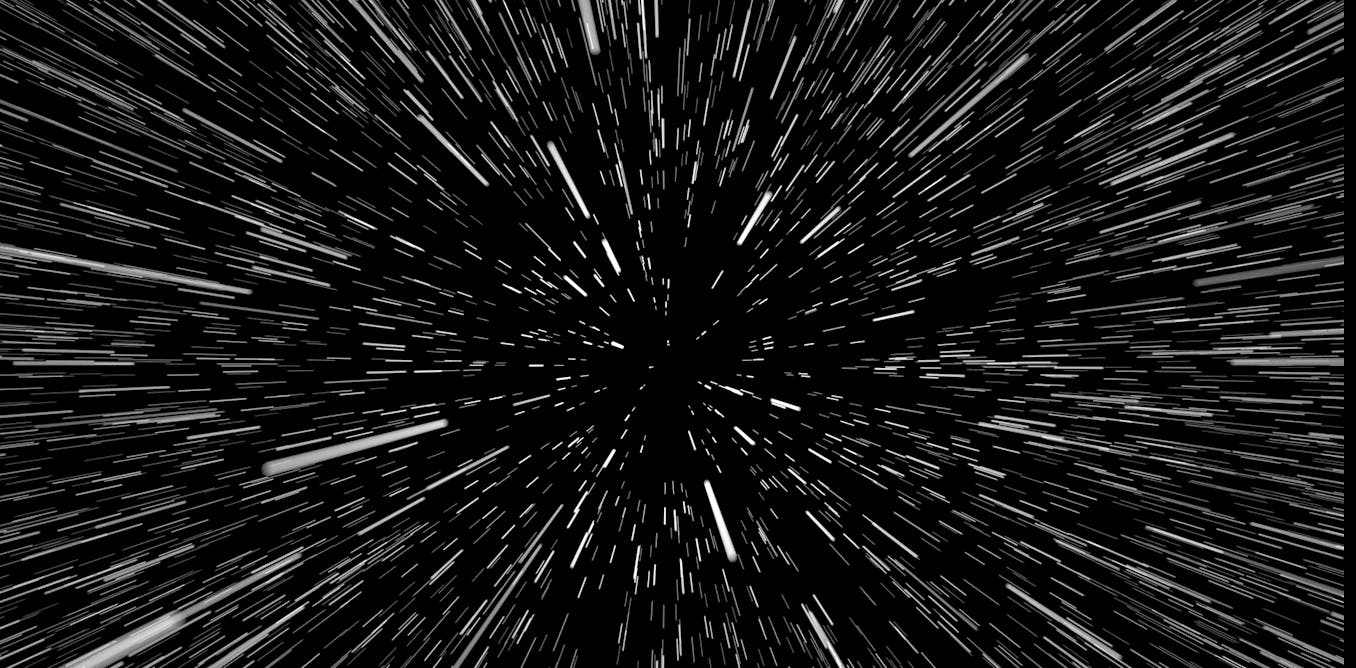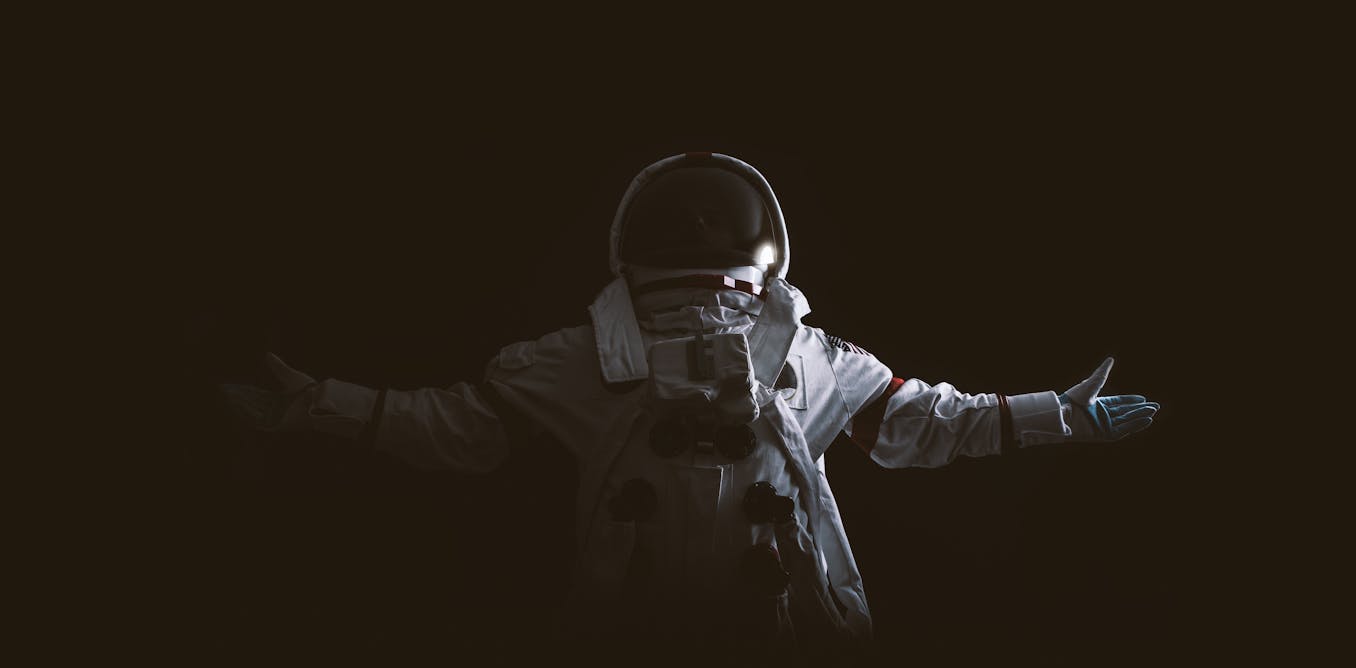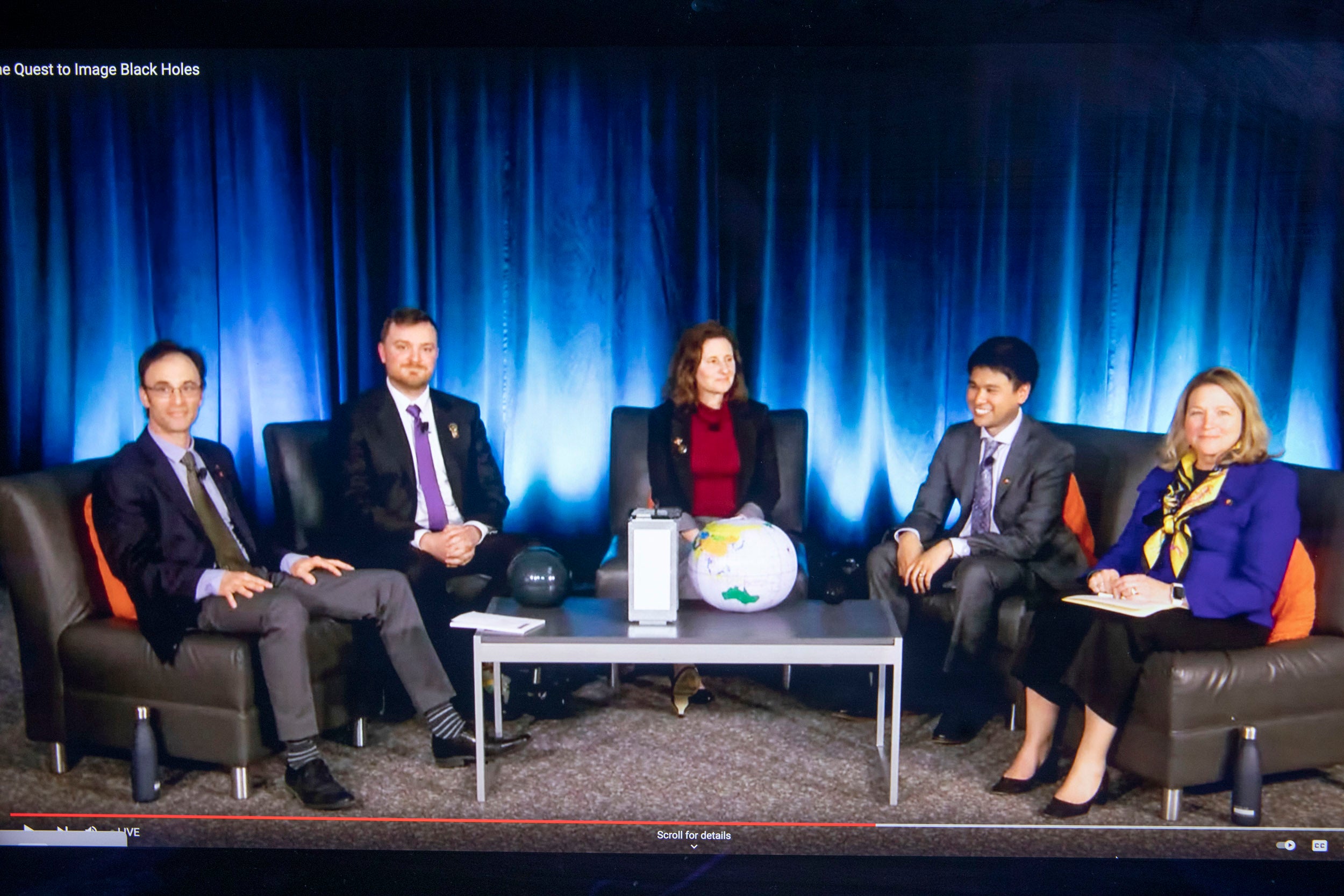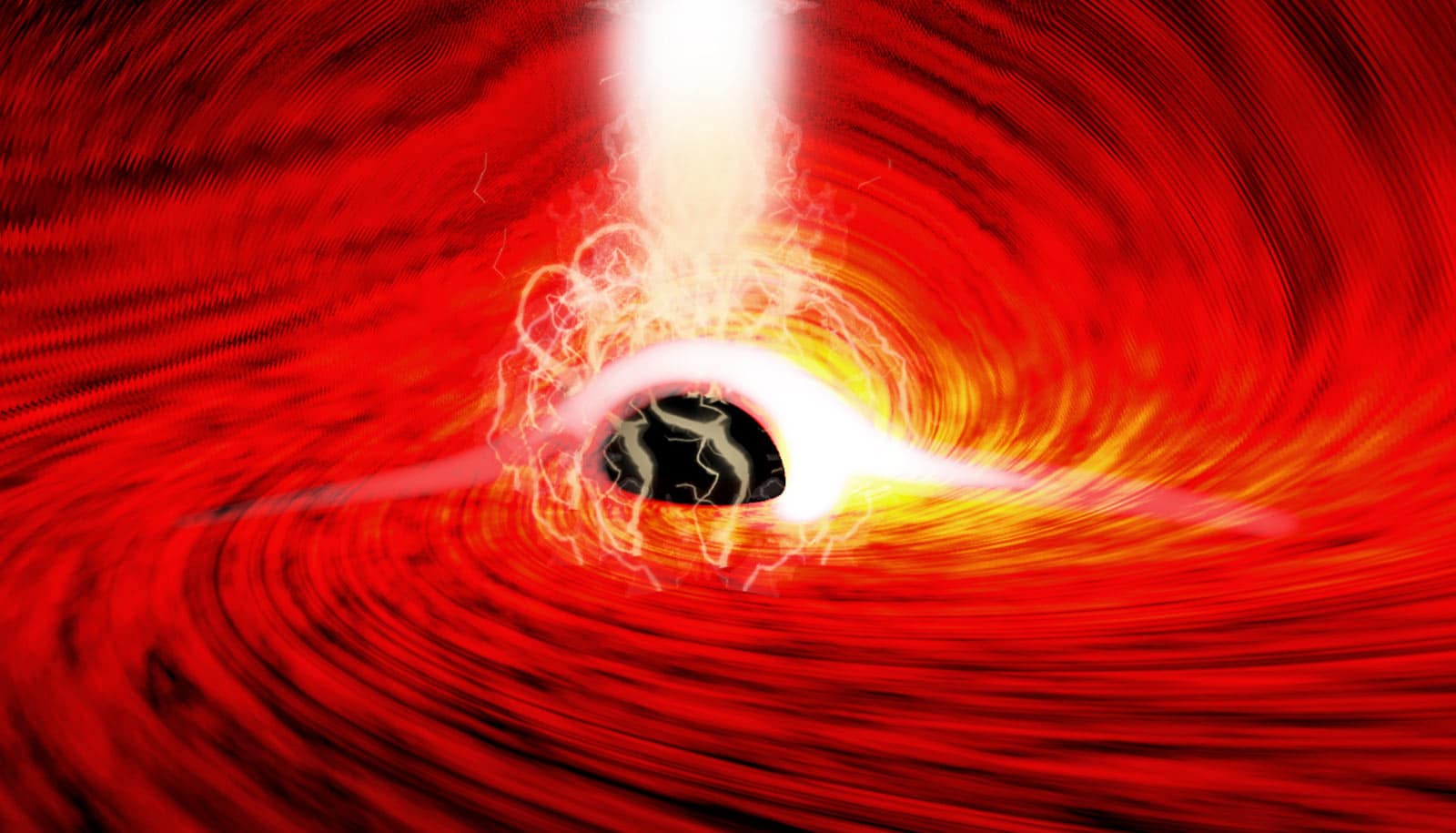Female physicists aren't represented in the media – and this lack of representation hurts the physics field
The trailer for ‘Oppenheimer’ fails to include female physicists, which is indicative of a broader media trend that, if reversed, could lead to greater gender diversity in science.
July 12, 2023 • ~8 min

